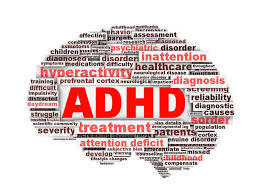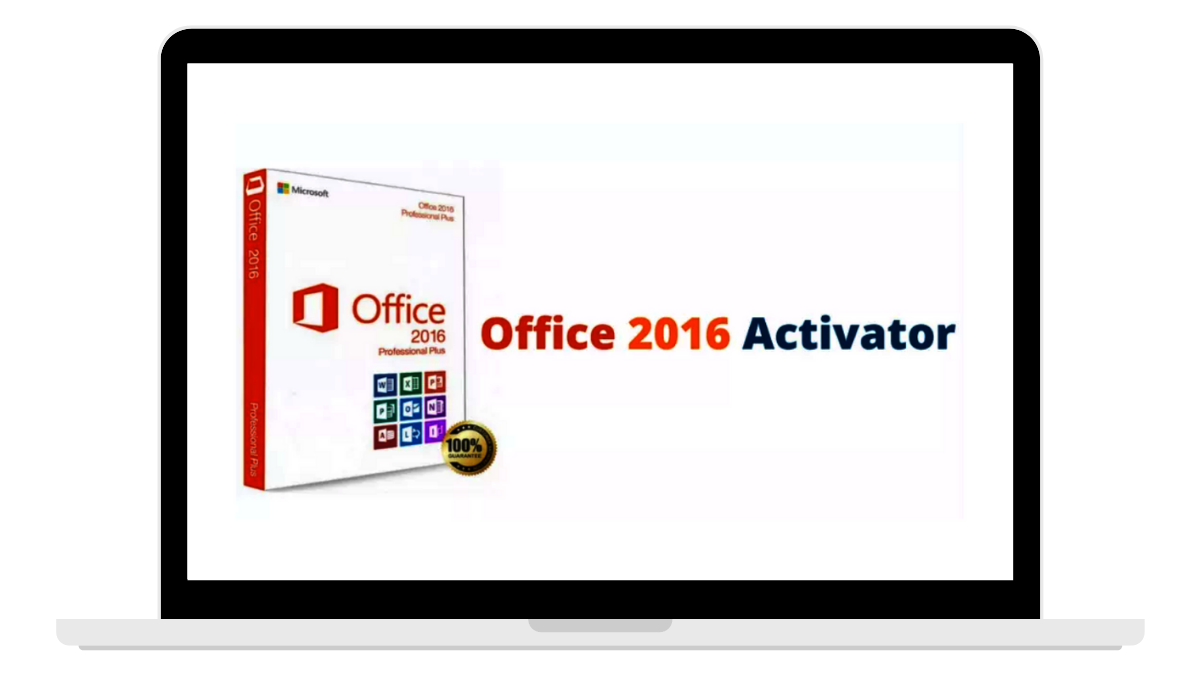Attention-deficit/hyperactivity disorder (ADHD) is commonly associated with children, but it’s essential to recognize that it can persist into adulthood. For adults living with ADHD, managing the condition and achieving success in various aspects of life may require unique strategies and approaches. In this article, we’ll explore ADHD in adults and provide valuable strategies for success.
Understanding ADHD in Adults
ADHD is a neurodevelopmental disorder characterized by symptoms of inattention, hyperactivity, and impulsivity. While the presentation of ADHD can vary, adult ADHD often manifests in the following ways:
Inattention: Adults with ADHD may struggle with focus, organization, time management, and completing tasks. They may frequently lose track of important details.
Hyperactivity-Impulsivity: While hyperactivity often diminishes in adults, impulsivity may persist. This can lead to impulsive decision-making, difficulty controlling impulses, and restlessness.
Emotional Challenges: Adults with ADHD may experience mood swings, irritability, and difficulty managing emotions.
Relationship Difficulties: ADHD can strain relationships due to forgetfulness, impulsivity, and communication challenges.
Career Challenges: Career success may be hindered by difficulty meeting deadlines, staying organized, and sustaining focus.
Strategies for Success
Diagnosis and Treatment: The first step in managing adult ADHD is seeking a diagnosis from a qualified healthcare professional. Treatment options may include medication, therapy, or a combination of both. Proper treatment can significantly improve symptoms.
Time Management: Implement effective time management techniques, such as using calendars, planners, and reminders. Break tasks into smaller, manageable steps to reduce feelings of overwhelm.
Organizational Systems: Establish organizational systems that work for you. Use labels, folders, and digital tools to keep track of important information.
Prioritize Self-Care: Adequate sleep, nutrition, and regular exercise are essential for managing ADHD symptoms. A healthy lifestyle can improve focus and overall well-being.
Mindfulness and Meditation: Practicing mindfulness and meditation can help improve attention and emotional regulation. These techniques teach you to be present in the moment and manage stress.
Seek Support: Consider joining ADHD support groups or seeking therapy. Supportive communities and professional guidance can provide valuable insights and coping strategies.
Career Strategies: Communicate with your employer about your ADHD and any accommodations you may need. Utilize productivity tools and techniques to excel in your career.
Relationship Skills: Work on communication and relationship skills to improve interactions with friends, family, and colleagues. Educate loved ones about ADHD to enhance understanding and support.
Set Realistic Goals: Set achievable goals and celebrate your successes. Break tasks into smaller, manageable steps to maintain motivation.
Limit Distractions: Identify and minimize distractions in your environment. Create a dedicated workspace and use noise-canceling headphones if necessary.
In conclusion, adult ADHD can present unique challenges, but with the right strategies and support, success is attainable. By seeking diagnosis and treatment, adopting effective coping mechanisms, and maintaining a healthy lifestyle, adults with ADHD can lead fulfilling lives and achieve their personal and professional goals. Remember that success is a journey, and each step forward is a testament to your resilience and determination.



